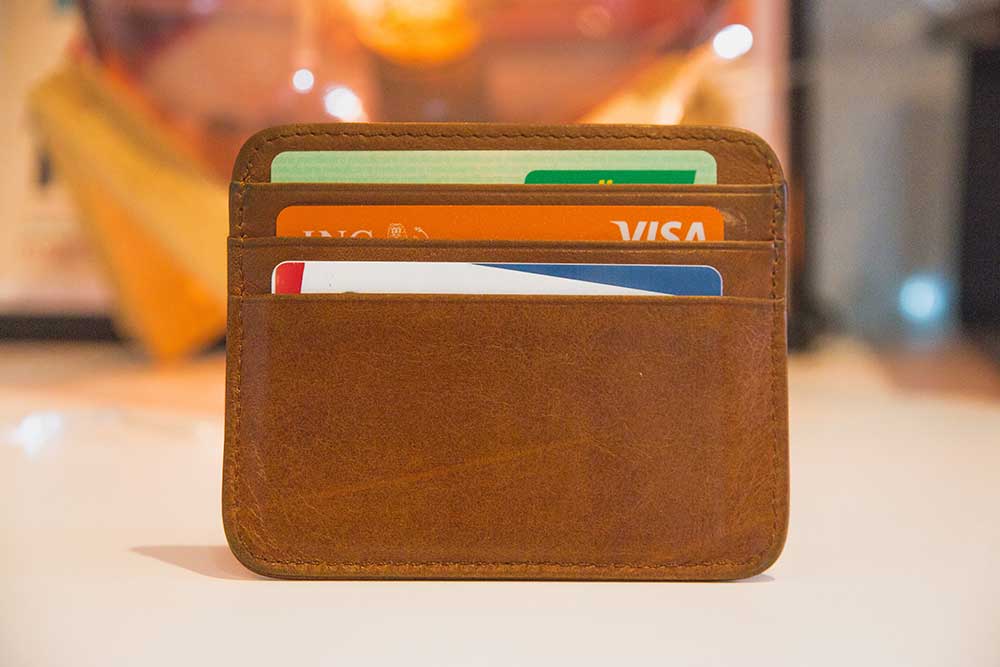You’ve turned 18 or so, and now a fully fledged adult. Maybe you have a place of your own now, and your first full time job. Maybe you’re still living at home with your family, or going to University.
In any case, for many young Australian adults, a rite of passage seems to be getting your first credit card. Used well, this credit card can help set you up with a good credit rating, which means in the future, when applying for loans for a car or a mortgage, you’ve already got a better chance.
Used badly though, and that credit card can become your life’s debt and despair. You need to develop a good credit habit, and one way to do this, is by being smart about choosing your first credit card well.
Who can apply for a credit card?
Firstly, it turns out that credit cards aren’t as easy to obtain as they probably were when your parents got theirs. Not just any 18 year old can walk in and get instant approval for a credit card.
By law, you must be at least the minimum age of 18 years old to apply for a credit card in Australia.
You’ll need to prove you have income. Most credit card providers will state the minimum annual income they require you to have before applying, on their websites. These are typically at least above $15,000-20,000 per year.
While some credit card issuers may be flexible with the proof they require, they are still going to run background checks and they don’t take kindly to you making up figures.
You must be a resident. Most financial institutions will require that you are either a full Australian citizen or you have permanent residency. You can apply at some places with a temporary visa, however it is likely to be a lot harder for you.
A good credit score. Wherever you apply for a credit card will always request a credit check to be done, to check your credit score. See the section below, on how to check yours.
How do I check my credit score?
In Australia, you can check your credit score for free using the national credit reporting bodies (CRBs) listed on this government website.
You can request a copy of your credit report from these credit reporting bodies:
- Equifax, phone 138 332
- Experian, phone 1300 783 684
- illion, phone 1300 734 806
Credit reporting bodies may hold different information about you, so you may need to request a copy of your credit report from each credit reporting body.
One good way to get your first credit card is to establish a banking relationship. Open an account at a bank or credit union, and start using it.
Use your bank accounts wisely, and this will show the bank your level of responsibility.
Shop around for your credit card
If you decide to branch out beyond your bank for your first credit card, you want to make sure you are getting the best possible deal. This means shopping around a little bit, and not making your decision based solely on what swag is being offered by representatives trying to sign you up.
Once you show that you can manage your credit responsibly, paying off the card each month, you can get an increase in your credit limit, and you will see other credit card offers, with more attractive terms.
5 things to look for when choosing your first credit card
Here are some things to look for in your first credit card:
Annual fees
Make sure your first credit card does not come with annual fees, or with application fees.
Interest rate
As someone without a credit history, you will have to pay a little bit higher interest rate. That is to be expected. You might compare student credit cards, since they offer rates that are comparable for credit history.
If you have some history, such as a car loan, or a student loan, then you have been making payments on, you might be able to qualify for a slightly lower rate.
Introductory rates
Many cards offer introductory rates. Make sure that you understand when that super attractive rate ends, and what it will raise to afterwards, and always make sure to have paid off those purchases by then.
Another possibility is to start out with a secured credit card, by having your parents go guarantor. However, you want to make sure that fees are limited, and that the issuer actually reports your payments to a credit bureau.
Rewards
Many credit cards come with rewards programs, such as frequent flyer points, etc. When choosing your first credit card, make sure the program is something you will use. For example, if you never fly, then a frequent flyer program will be a waste of time.
If possible, choose a flexible rewards program that allows you to use your points on a variety of options. Some student cards also offer rewards points for engaging in responsible behaviours, such as making your payments on time.
Penalties
Some credit card issuers are starting to test out charging inactivity fees and similar penalties. The devil is in the fine print they say.
Look for a credit card that will not charge you just because you haven’t been using it often. Always make sure that you compare other penalty fees such as late payment, over the limit and cash advances as well.
What to use your credit card for
Emergency medical or household expenses. Expenses you can pay off within the interest period only. Small items that will tide you over until your next pay day.
What not to use a credit card for
Many young Australians end up racking up large debts for travel to Bali or going overseas, etc. This is an expense that you should definitely save for, rather than rely on credit.
Also, never buy a motor vehicle on credit card – car loans are far cheaper for this.
Summary
Choosing your first credit card may seem like a daunting exercise, however with a little planning and research, you will find that you will learn the ropes quickly. Good luck!






